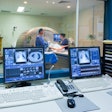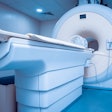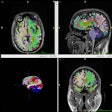Dear MRI Insider,
The more than 65 million people worldwide who are afflicted with epilepsy have the arduous task of dealing with unpredictable seizures that diminish their quality of life and social interactions.
For one-third of these individuals, life is even more challenging because they are resistant to drug therapy, are considered poor candidates for seizure-relieving surgery, and have epileptic lesions that conventional MRI cannot find.
To address this situation, researchers at the University of Pennsylvania have developed a noninvasive technique that uses 7-tesla MRI and the amino acid glutamate to locate hard-to-find lesions in the hippocampal region of the brain. Read more about their preliminary protocol in our Insider Exclusive.
In other news in the MRI Community, an imaging protocol using unenhanced MRI and MR arthrography can help determine which patients should receive surgery to repair labral tears. Researchers found that all patients with displacement of at least 4 mm between the unenhanced MR images and MR arthrograms had unstable labral tears.
By using functional MRI to view regions of the brain that play a role in regulating consciousness, French researchers may have discovered a way to predict which patients could emerge from a coma. The key is the discovery of significant disruptions in the connections between certain brain regions and the posterior cingulate cortex among comatose subjects compared to healthy controls.
Meanwhile, researchers at Massachusetts General Hospital (MGH) have developed a method that combines diffusion-weighted MRI and key clinical characteristics to determine which severe stroke patients would most likely benefit from catheter-delivered removal of blood clots. The technique enabled MGH physicians to screen stroke patients and determine who should be sent on for interventional blood-clot removal, with more than half the patients deemed suitable for the technique recovering well three months later.
Have you ever considered taking an MRI selfie? An Australian researcher recently decided to investigate how patients respond to MRI scans by reading their tweets. The review of nearly 500 patient tweets found messages ranging from the humorous to the inspirational, as well as several MRI selfies.


.fFmgij6Hin.png?auto=compress%2Cformat&fit=crop&h=100&q=70&w=100)


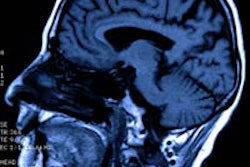

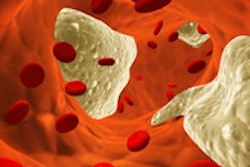
.fFmgij6Hin.png?auto=compress%2Cformat&fit=crop&h=167&q=70&w=250)








